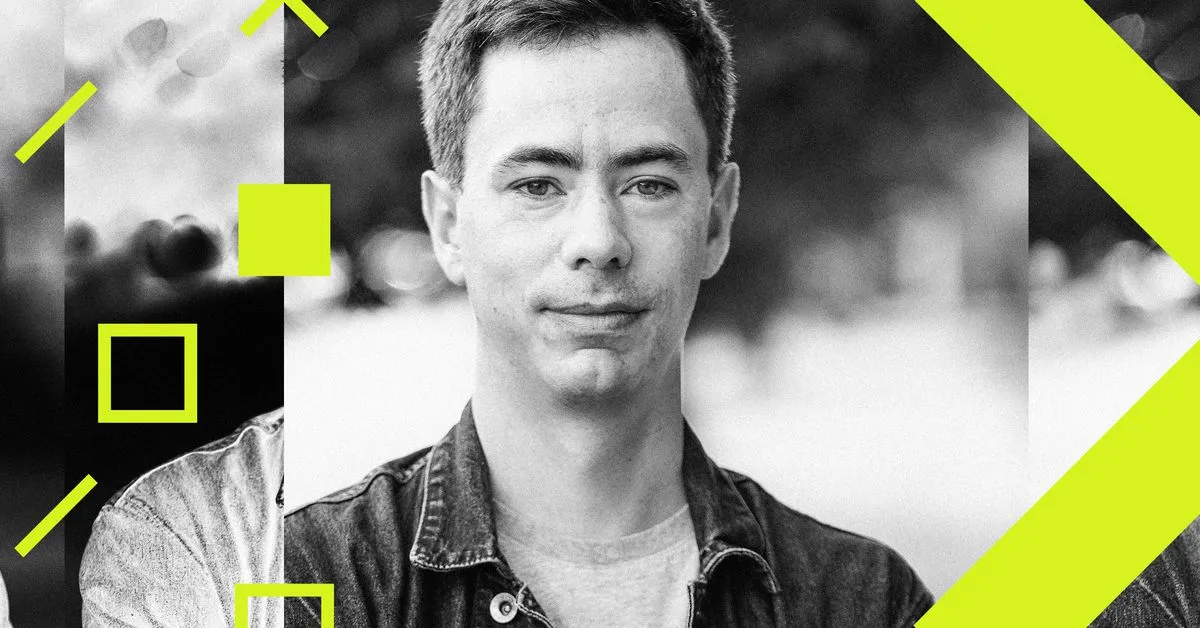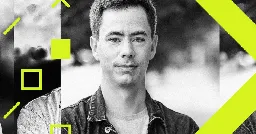How to save culture from the algorithms, with Filterworld author Kyle Chayka
How to save culture from the algorithms, with Filterworld author Kyle Chayka

www.theverge.com
How to save culture from the algorithms, with Filterworld author Kyle Chayka

Seven years later, Kyle’s argument is that AirSpace has turned into what he now calls Filterworld, a phrase he uses to describe how algorithmic recommendations have become one of the most dominating forces in culture, and as a result, have pushed society to converge on a kind of soulless sameness in its tastes.
